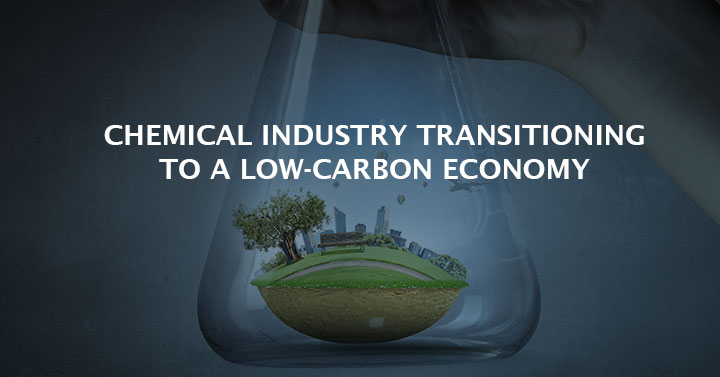In more recent times, there has been a push toward developing renewable energy sources, carbon-neutral initiatives, and an integrated life-cycle that would develop and implement digitalization strategies to enable carbon reduction and accountability. The chemicals industry has been at the forefront of innovation, developing chemicals and materials to enable breakthrough technologies and the transition to a low-carbon economy.
In 2019, environmental activists pushed sustainability onto the agenda for many other industries, including the financial sector. That same year, according to Morningstar, Europe invested approximately €120 billion in sustainable funds, doubling the investment made in 2018. Sovereign wealth funds have been exiting their investments from high-carbon industries, including extractive industries, while venture capitalists and private equity firms have been raising funds for investments in more sustainable assets.
KKR and TPG hold a total asset value of approximately $330 billion. Earlier this year, the two firms agreed to report on the environmental, social, and governance (ESG) impact of their investments. The principles for reporting were defined by the World Bank’s International Finance Corporation (WBIFC).
Meanwhile, at Davos, several CEOs and world leaders gathered this year and agreed business practices need to change to ensure companies will cease to exist whilst environmental damages will affect many lives. Shareholders and investors will continue to play a critical role in the transformation to a more sustainable economy. Shareholders influence decisions by exercising their rights as owners to focus on positive, sustainable measures with improved financial performance.
Historically, sustainability was driven by process-risk concerns; however, in more recent years, sustainability funds have outperformed other funds. Several institutions are developing standards to help investors measure ESG or sustainable development goals. These institutes include the Sustainable Accounting Standards Board (SASB) and the Global Reporting Initiative (GRI).
Other tailwinds for sustainability include stakeholders. Future young leaders are rightfully demanding to work with sustainably driven firms. Employers need to address this demand by promoting sustainable achievements and continuously improving their sustainability initiatives.
Consumer trends have a significant impact on the drive for sustainability. Consumers are better-informed, and the younger generation is demanding more openness and accountability. The implementation of blockchain across the consumer product value chains will hold product developers accountable for sourcing sustainable raw materials. This will require the investment community to redevelop its strategies.
The COVID-19 crisis has led to reduced manufacturing utilization, plant shutdowns, and calls for reduced pollution and cleaner air. As the world eventually rebounds from the pandemic, economies will pick up and drive production, arguably at a higher recovery rate than witnessed after the financial crisis of 2008.
Consumer goods companies have increasingly faced fierce competition. A clear and effective sustainability strategy could significantly enhance the competitive position of a firm. This strategy would need to consider a number of opportunities, including:
- Partnerships with suppliers, e.g. for sourcing recycled or biodegradable materials
- Developing and implementing process optimization initiatives
- Upgrading existing equipment to improve energy conservation
- Energy (power & thermal) and water consumption reduction
- Improving waste management processes
- Implementing green technologies, e.g. renewable energy or bio-based alternatives
- Sourcing alternative and sustainable ingredients, e.g. the use of bio-based drop-ins for personal care and home care products
Would you like to understand how Kline can assist you with your sustainability agenda? Please, submit your inquiry below.
[pardot-form id=”14075″ title=”ACTION REQUIRED Web KMC Inquiry”]

